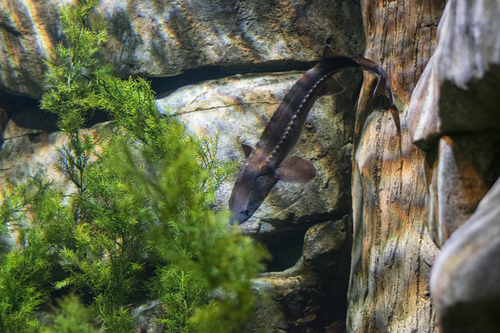
Do you like sea life? Well, like it or not, sea life has a complex relationship with humans, and it dramatically affects every human life. This article discusses some aspects of how sea life affects human life.
Help Humans Breathe
Phytoplankton, the tiny plant-like organisms living in the sea, is accountable for at least half of the oxygen on the Earth. These land-based plants contain chlorophyll that captures sunlight and then uses photosynthesis to convert the sunlight into the energy that they need while generating oxygen as a byproduct. These organisms also consume carbon dioxide and transfer around 10 gigatonnes of carbon deep into the ocean from the atmosphere each year.
Provide Important Source of Food for Humans
Only fish accounts for about 16% of animal protein consumed in the world, to mention all the other edible sea creatures like crustaceans, including delicious lobster, crab, shrimp, prawns, and more as well as sea plants and a range of algae that are also used in cooking very commonly. According to the Food and Agriculture Organization of the United Nations, sodium, calcium, magnesium, iodine, and other important nutrients can be found in seaweed.
Help Humans Regulate Climate Change
The Ocean, home of sea life, absorbs tons of heat from Sun. The most intense heat tends to be nearer the equator, and the water nearest the surface warms the most. Then, sea currents transport the heat around the world towards the poles. Because some of the water has evaporated, the ocean becomes denser and heavier thanks to the relatively higher salt content, which causes it to sink, making the warm water deeper.
According to the National Oceanic and Atmospheric Administration of the United States, over 90% of the warming occurring on the Earth during the last 50 years has happened in the ocean.
